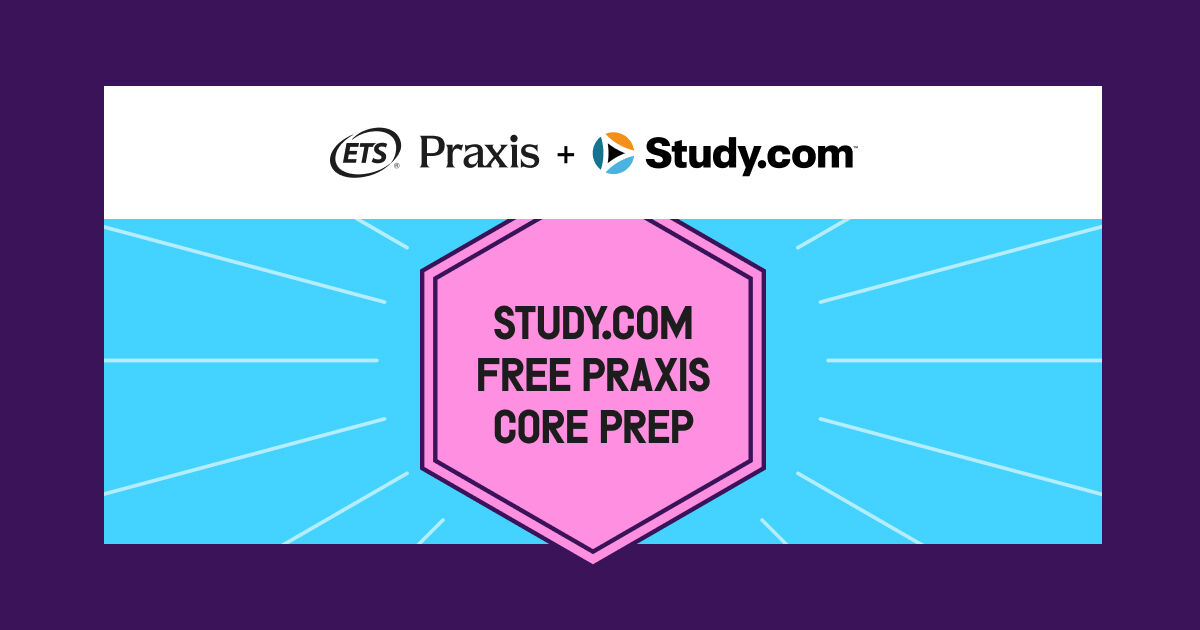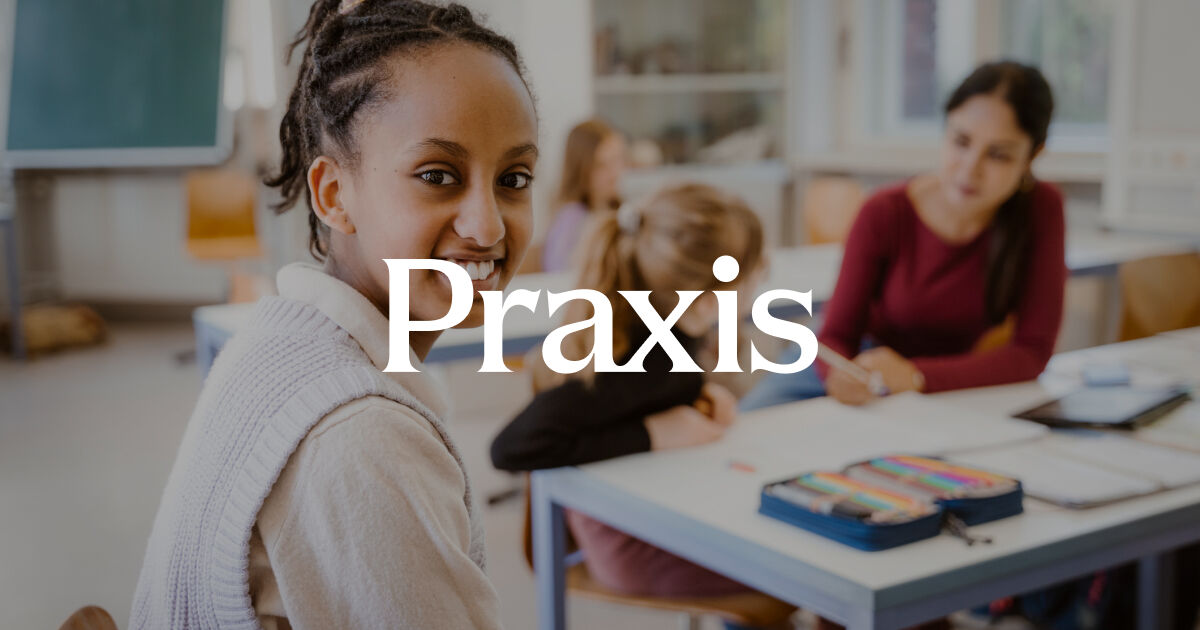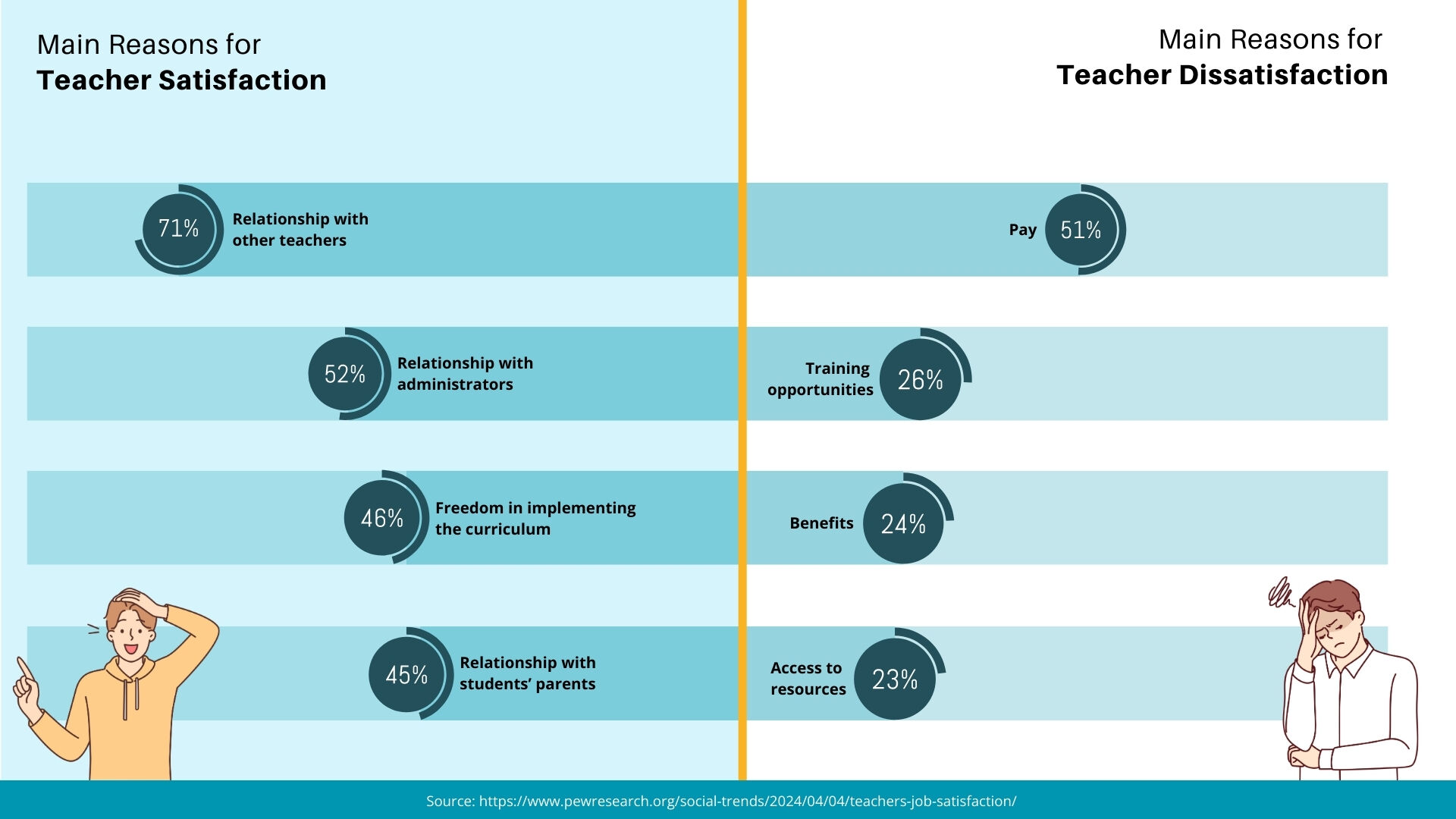A major educational shift
To succeed in the classroom — both professionally and pedagogically — aspiring educators must equip themselves with core teaching skills that extend past mere content knowledge.
In Teaching Core Practices in Teacher Education, author Pam Grossman argues that “the field of teacher education is in the midst of a major shift — a turn away from an intense focus on the knowledge needed for teaching to a focus on the use of that knowledge in practice.”
However, reinforcing the shift, which “better support[s] teachers in learning to enact teaching practices skillfully and knowledgeably in ways that support student learning,” means that educators need to emphasize the performance and classroom skills that help them connect to learners and, in turn, help learners connect to course curricula. Performance tasks can help boost teacher preparation and teaching skills that empower teachers to positively affect their students' lives.
Performance tasks can be crucial tools as they help educators with the pre-service development of essential teaching competencies. The reason? By giving teachers opportunities to practice their instructional skills, these tasks offer a wealth of feedback that pre-service educators can use to enhance teaching competencies and prepare themselves for real classroom challenges.
Leveraging formative assessments
One of the main forms of feedback is formative assessments.
These continually test student performance throughout the school year as opposed to waiting until larger, end-of-year summative assessments. Formative assessments play a pivotal role in refining teaching skills. As educators consistently practice and prove their learning with formative performance assessments, they can find areas for improvement and receive tailored guidance from their peers and instructors within teacher-preparation programs.
In addition, formative practice is transitive — it also benefits students. Some of the key classroom competencies reinforced with formative learning skills include the following:
- Persuasive writing: In this writing style, writers try to convince readers to agree with their specific point of view. Doing so requires skillful rhetoric and facts as well as a strong personal connection: the more connected writers are to the topic, the more invested they’ll be in arguing for it.
- Grapho-phonemic segmenting: This practice of breaking down words and concepts into smaller parts and sounds helps learners decode language elements before creating larger, more complex meanings from the words themselves. Furthermore, “accurately and efficiently assessing grapho-phonemic knowledge...enables teachers to identify the specific grapho-phonemic skills that students have mastered and those that they are lacking” in real time.
- Fraction word problems: Used in mathematics classes, these problem sets translate fractions and fraction equations into real-world scenarios. Not only do they encourage a greater connection to the material itself, but they also require learners to draw correlations between different disciplines: using language arts and reading, for example, to do a math problem.
- Scaffolding and differentiating: In the classroom, teachers meet diverse learners with unique challenges. Scaffolding and differentiating work, or assessing individual skills so teachers can tailor specific instructional adjustments, is one of the most powerful goals for pre-service educators as they prepare to teach diverse student populations.
Teaching is learning
The best teachers embrace continuous learning and growth.
Be open to discussing your process. Reflect on your own performance. Use rubrics for self-assessment. And embrace the potential of performance tasks as opportunities to refine your skills and create thriving learning environments.
Ready to take the next step in your journey to becoming a teacher?
Sign up for Praxis
By Praxis Editorial Team
Using the Tomorrow’s Teacher blog, the writers, thought leaders, and researchers who comprise the Praxis Editorial Team focus on the pedagogical issues that matter most to educators. The goal: to create and sustain a constant dialogue, and to unite the interests of all those who value teaching and learning.
More Posts

Strategies for Student Engagement and Classroom Practice

By Praxis Editorial Team
Published on August 13, 2024
.jpg)
Top AI Tools That Benefit Teaching and Learning

By Praxis Editorial Team
Published on July 30, 2024

Embracing Technology as a Learning Partner

By Praxis Editorial Team
Published on July 2, 2024

Becoming a Teacher: A Guide for Aspiring Educators

By Praxis Editorial Team
Published on June 18, 2024

Supercharging Pedagogy: The Power of AI in Education

By Praxis Editorial Team
Published on June 5, 2024

A Critical Resource: The Importance of Literacy Skills

By Praxis Editorial Team
Published on May 21, 2024

Social Emotional Learning: Vital for Teacher Preparation

By Praxis Editorial Team
Published on May 14, 2024

Overcoming Praxis Test Challenges: Retaking and Succeeding

By Praxis Editorial Team
Published on May 7, 2024
.jpg)
Future Directions: How Praxis and Study.com Consider Educator Preparation and Support

By Praxis Editorial Team
Published on April 30, 2024
.jpg)
Unveiling Educational Impact: ETS Praxis Ventures into New Research Horizons

By Praxis Editorial Team
Published on April 23, 2024

Achieving Success: Our Innovative Test Prep for Praxis Core

By Praxis Editorial Team
Published on April 15, 2024
.jpg)
Unlocking Diversity: ETS and Study.com Research Explores Keys to the Classroom

By Praxis Editorial Team
Published on April 9, 2024

Enhancing Literacy Learning: Blending Technology and Education

By Praxis Editorial Team
Published on April 2, 2024

Get Your Dream Job: Top 10 Interview Questions

By Praxis Editorial Team
Published on March 25, 2024

Making the Grade: Finding Your Ideal First Teaching Job

By Praxis Editorial Team
Published on February 27, 2024

Assessment Strategies I Wish I Knew When I Started Teaching

By Praxis Editorial Team
Published on March 12, 2024

Empowering New Teachers with Professional Development

By Praxis Editorial Team
Published on March 5, 2024

Supercharging Education with Formative Learning

By Praxis Editorial Team
Published on March 19, 2024

Meet Praxis: Where Education Leads the Conversation

By Praxis Editorial Team
Published on February 20, 2024

Breaking Boundaries: Praxis and Study.com Partner to Empower Educators

By Praxis Editorial Team
Published on February 20, 2024

Mastering Teacher Skills Through Performance Tasks

By Praxis Editorial Team
Published on July 16, 2024

Unlocking Student Potential: How SEL Fosters Success

By Praxis Editorial Team
Published on August 27, 2024

Building the Future of Teaching: Essential Investments for New Educators

By The Study.com Editorial Team
Published on September 10, 2024

Fostering Teaching Excellence: A Cornerstone of Educational Success

By Praxis Editorial Team
Published on September 24, 2024

ProEthica: Promoting Ethical Education and Teaching Excellence

By Praxis Editorial Team
Published on October 8, 2024

Master the Praxis: Essential Tips and Strategies for Exam Success

By Aparajita Mitra
Published on October 22, 2024
New Praxis prep - available now!
Learn more



